FBI warns driverless cars could be used as "lethal weapons"
US crime-fighting agency flags driverless car safety concerns
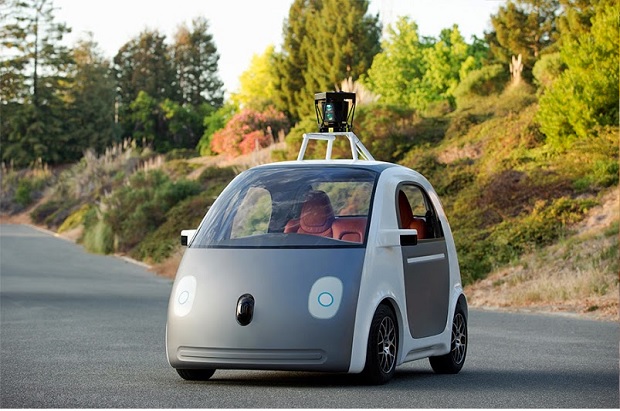
The US Federal Bureau of Investigation (FBI) has aired concerns about how driverless cars, which are being pioneered by the likes of Google and Tesla, could be used as "lethal weapons."
The FBI made the admission in an unclassified, yet restricted report obtained by The Guardian newspaper, which featured insights into how the widespread use of driverless cars in the future would potentially affect the way criminals operate.
The report states, for example, that driverless cars will "have a high impact on transforming what both law enforcement and its adversaries can operationally do with a car."
This would make it easier for criminals to carry out tasks, such as shoot guns, that could potentially put FBI agents in additional danger during car chases, as they won't need to keep their hands on the wheel or their eyes on the road.
The report, which was put together by the FBI's Strategic Issues Group within its Directorate of Intelligence, states: "Autonomy... will make mobility more efficient, but will also open up greater possibilities for dual-use applications and ways for a car to be more of a potential lethal weapon tha[n] it is today."
However, it isn't all doom and gloom, as the FBI also admits that driverless cars could reduce the number of road traffic accidents that happen each year because of careless driving.
"The risk that distraction or poor judgement leading to collision that stems from manual operation would be substantially reduced," the report adds.
Get the ITPro daily newsletter
Sign up today and you will receive a free copy of our Future Focus 2025 report - the leading guidance on AI, cybersecurity and other IT challenges as per 700+ senior executives
The Bureau's surveillance work could also become "more effective and easier", the report reasons, because the chances of an FBI agent losing sight of the targeted vehicle will are likely to be lower.
"In addition, algorithms can control the distance that the patrol car is behind the target to avoid detection or intentionally have a patrol car make opposite turns at intersections, yet successfully meet up at later points with the target."
Search giant Google recently showcased its first self-driving car prototypes (pictured), which are designed to work autonomously and without the use of pedals and steering wheels.
Its vehicles have a maximum speed of 25mph, and the firm said it hopes to run a small pilot programme with them "within the next couple of years."
-
 Should AI PCs be part of your next hardware refresh?
Should AI PCs be part of your next hardware refresh?AI PCs are fast becoming a business staple and a surefire way to future-proof your business
By Bobby Hellard
-
 Westcon-Comstor and Vectra AI launch brace of new channel initiatives
Westcon-Comstor and Vectra AI launch brace of new channel initiativesNews Westcon-Comstor and Vectra AI have announced the launch of two new channel growth initiatives focused on the managed security service provider (MSSP) space and AWS Marketplace.
By Daniel Todd
-
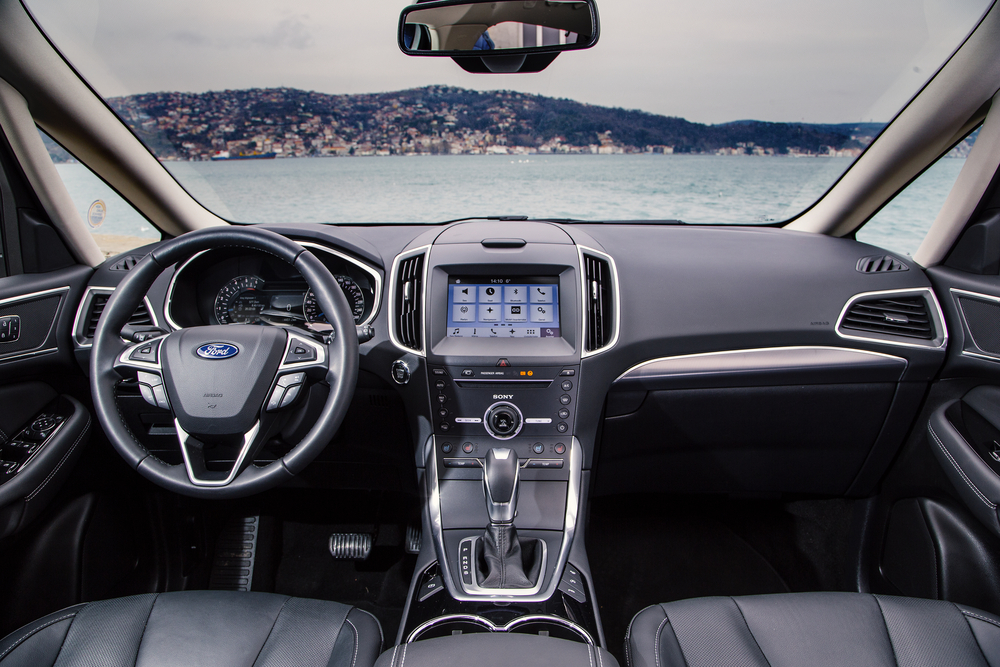 Driverless Cars: Uber car involved in fatal crash had software flaws
Driverless Cars: Uber car involved in fatal crash had software flawsNews However, US investigators still haven't determined the probable cause for the accident
By Bobby Hellard
-
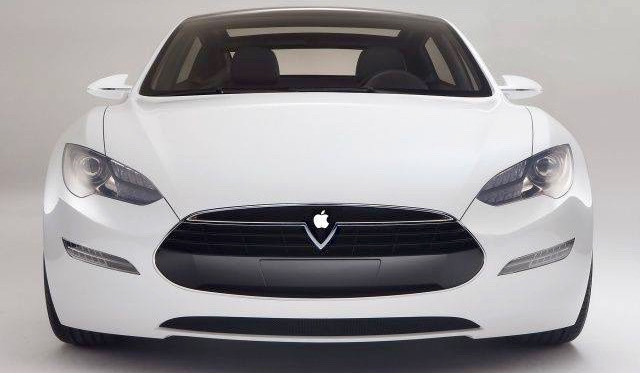 Apple car: Former Apple employee charged with stealing Apple's self-driving car secrets
Apple car: Former Apple employee charged with stealing Apple's self-driving car secretsNews Xiaolang Zhang downloaded Project Titan data and took hardware from the company's campus, FBI claims
By Clare Hopping
-
 McLaren denies rumours of Apple buyout
McLaren denies rumours of Apple buyoutNews The supercar manufacturer has rubbished claims that it is in talks with Apple over a potential investment
By Nicole Kobie
-
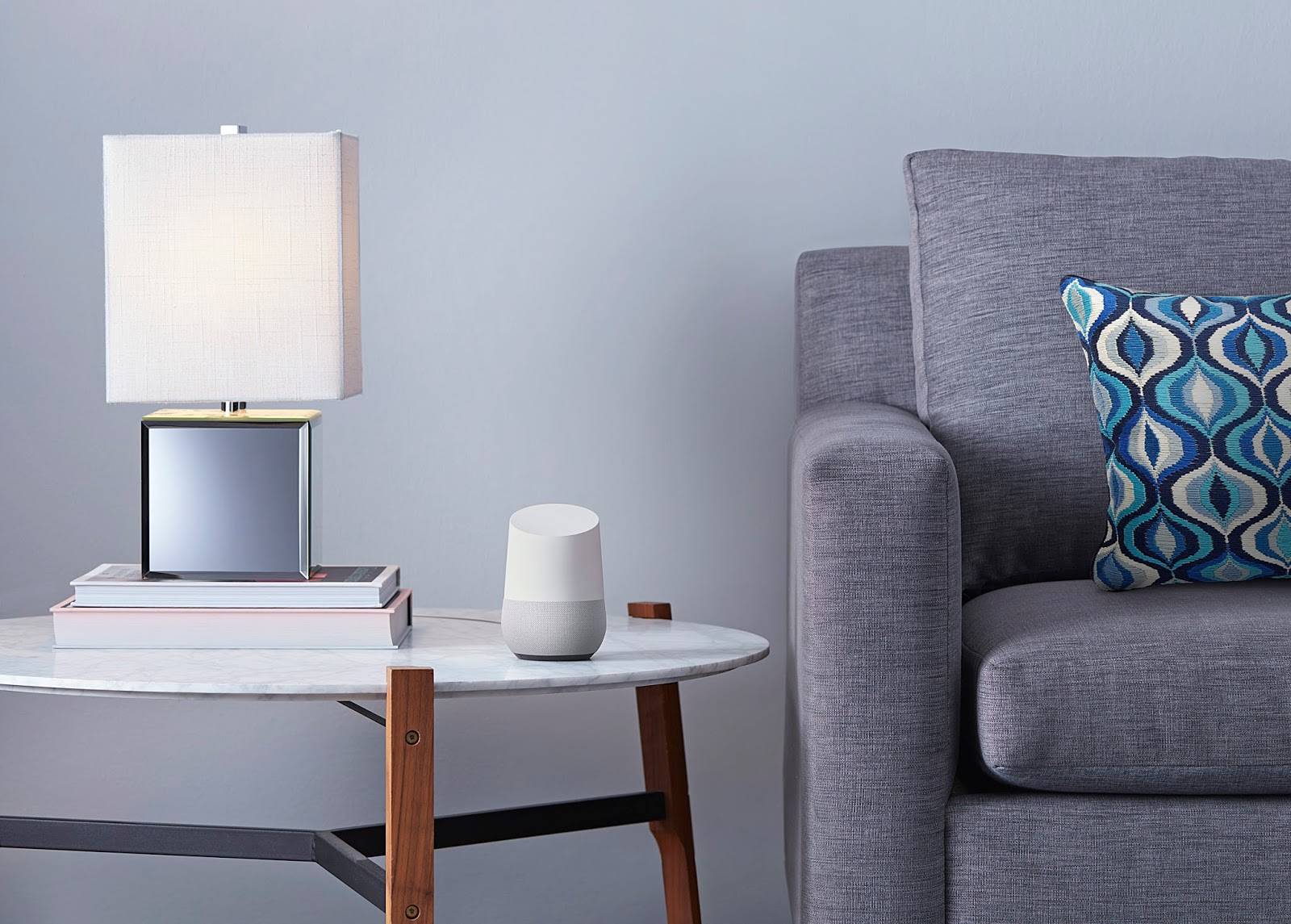 Google I/O 2016: company unveils 'Google Home' smart assistant
Google I/O 2016: company unveils 'Google Home' smart assistantNews The new AI device will go toe-to-toe with the Amazon Echo
By Joe Curtis
-
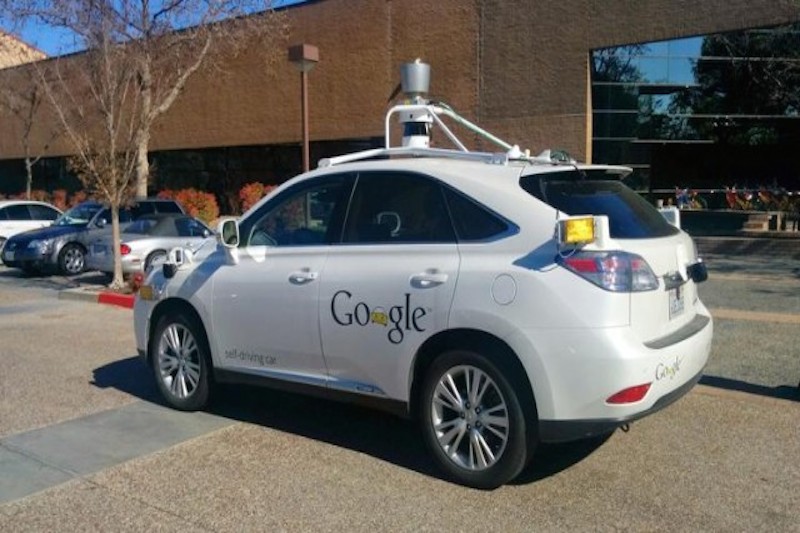 Google, Ford, Uber and Lyft form driverless cars coalition
Google, Ford, Uber and Lyft form driverless cars coalitionNews Self- Driving Coalition for Safer Streets hopes to speed up delivery of cars on the road
By Clare Hopping
-
 One of Google's self-driving cars crashed into a bus and is at least partly to blame
One of Google's self-driving cars crashed into a bus and is at least partly to blameNews The accident report has just been made public
By ITPro
-
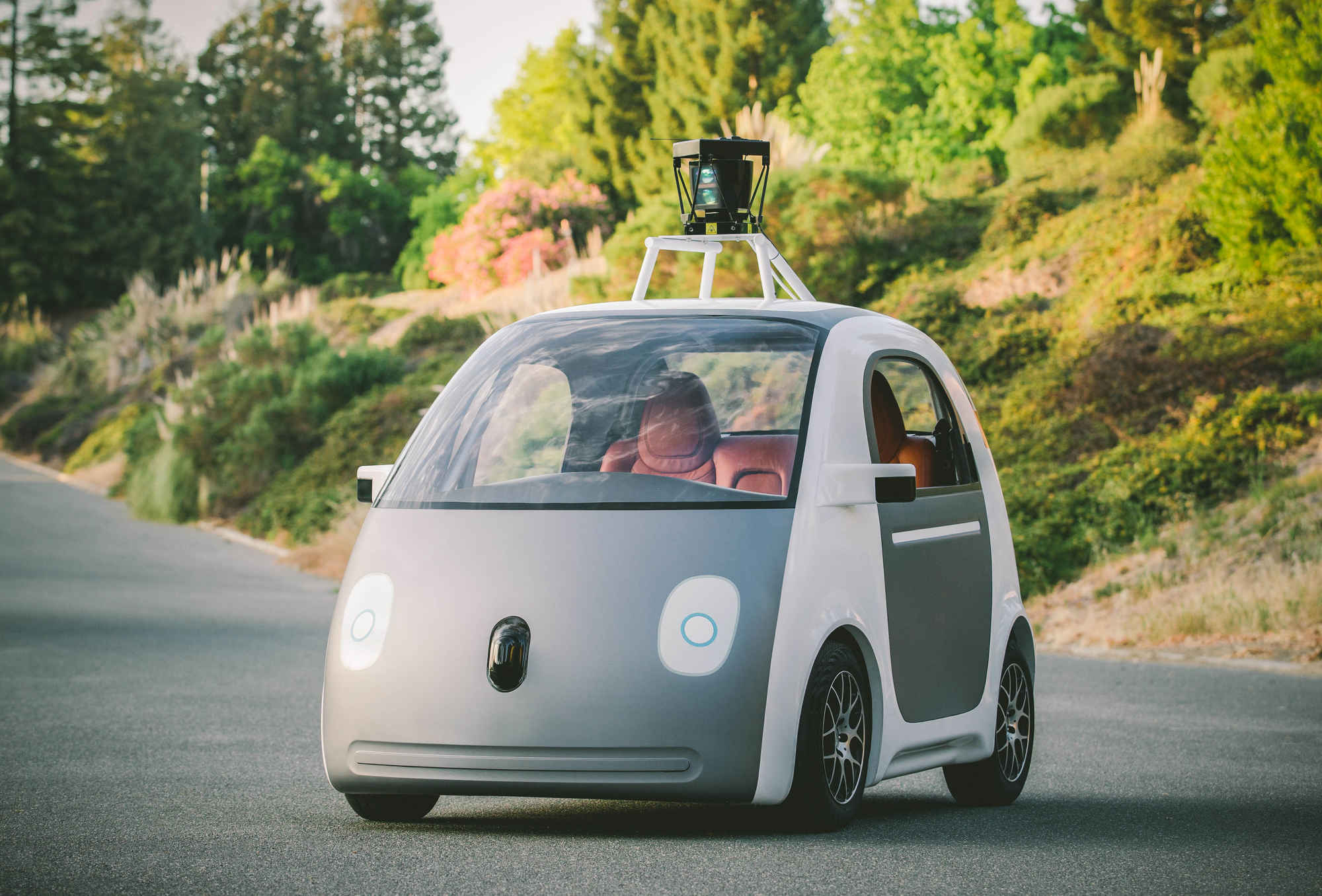 Google recruitment drive signals big plans for self-driving car project
Google recruitment drive signals big plans for self-driving car projectNews Company hiring for 36 roles across numerous fields
By Adam Shepherd
-
 Daimler held "concrete talks" with Apple and Google
Daimler held "concrete talks" with Apple and GoogleNews CEO said the companies" know more than we had previously assumed" about driverless cars
By Jane McCallion